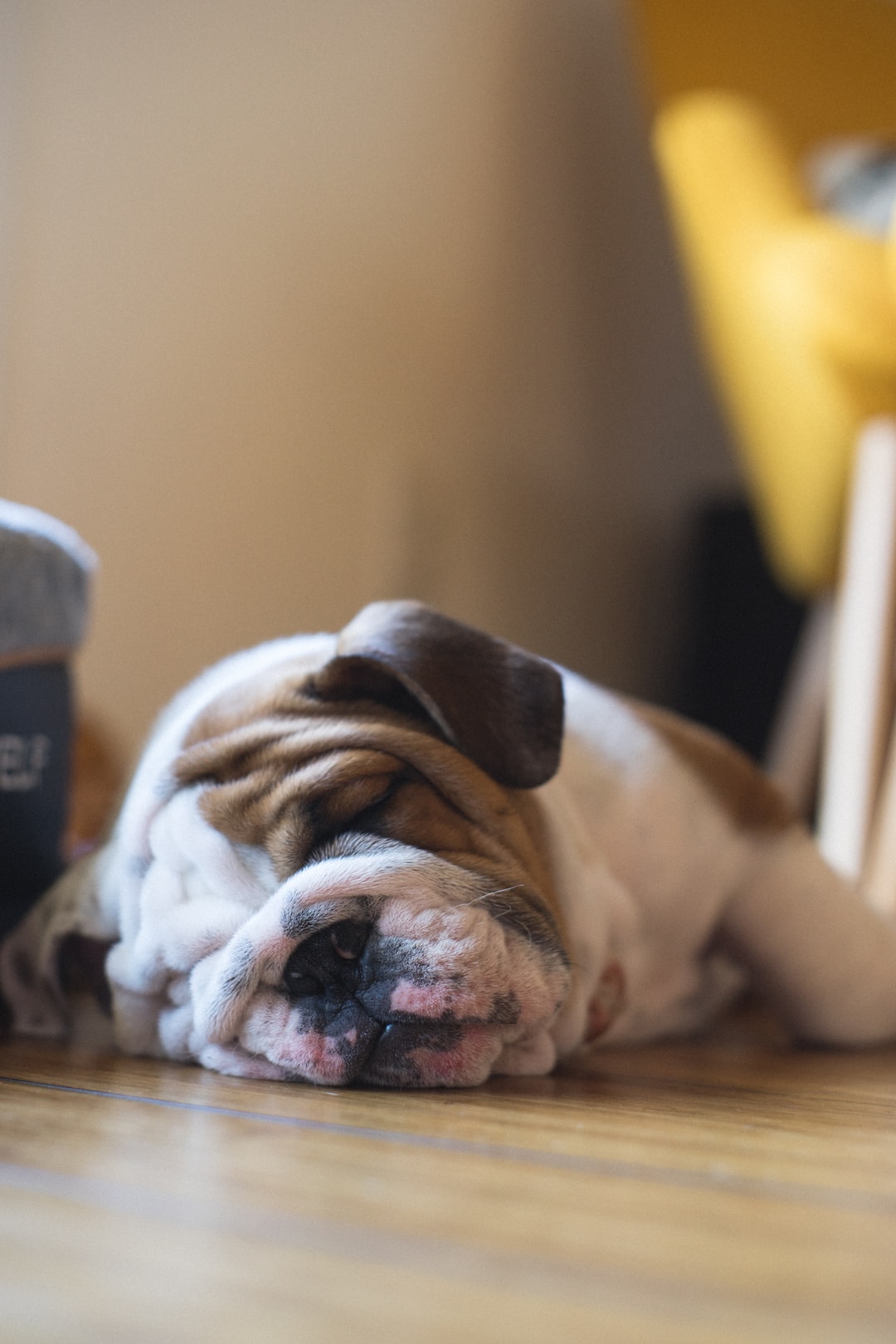Composting is an excellent way of turning organic waste, like food scraps and yard waste, into healthy, nutritious soil. It’s an environmentally friendly practice that helps reduce the amount of waste sent to landfills and greenhouse gases released into the atmosphere. However, composting isn’t as simple as dumping your kitchen scraps into a bin and letting it sit there. There are some things you should and shouldn’t do when composting to ensure that it’s effective, healthy, and doesn’t attract pests.
Do: Choose the Right Composting Method
Before starting your composting journey, it’s essential to choose the right method that suits your lifestyle, available space, and composting goals. There are different types of composting methods, including backyard composting, worm composting, and tumbling composting. Each method has its benefits and drawbacks, so it’s crucial to research and decide which one works best for you.
Don’t: Compost Meat, Dairy, and Fats
Meat, dairy products, and oils are high in fat and protein, making them challenging to compost. These materials attract pests such as rats and raccoons and can also make your compost pile emit foul odors. Avoid composting these materials, and instead, dispose of them in the trash or find alternative ways to reuse or recycle them.
Do: Add Some Green and Brown Material
To create an efficient and healthy compost pile, you need to balance the materials you add to it. Green materials such as vegetable scraps, grass clippings, and coffee grounds provide nitrogen needed to break down organic materials. Brown materials, such as dried leaves, wood chips, and dry grass, supply carbon and create airflow in the pile. The balanced ratio of green to brown material should be 2:1.
Don’t: Add Pet Waste or Diseased Plants
Pet waste, such as cat litter and dog poop, contains pathogens, and composting these materials can spread diseases. Likewise, diseased plants can carry harmful spores that could infect healthy plants in your garden. These materials should not be added to your compost pile.
Do: Keep Your Compost Moist
Composting requires moisture to break down organic materials effectively. It’s essential to keep your compost pile damp, but not too wet. The ideal moisture content should be around 40-60%. If it’s too dry, the decomposition process will slow down, and if it’s too wet, it can become anaerobic, leading to unpleasant odors.
Don’t: Forget to Turn Your Compost
Turning your compost is crucial to promote airflow and break down the organic material more efficiently. When you turn your compost, you mix the materials, ensuring that everything breaks down evenly. If you don’t turn your compost, it could become compacted, leading to a reduced airflow and the production of methane, a potent greenhouse gas.
Final Thoughts
Composting is an excellent way of reducing waste, creating healthy soil for your plants, and reducing your carbon footprint. By following the above dos and don’ts of composting, you can ensure that your compost pile is healthy, nutritious, and doesn’t attract pests. Remember to choose the right composting method, balance your green and brown materials, keep your compost moist, and turn your compost regularly. Happy composting!


